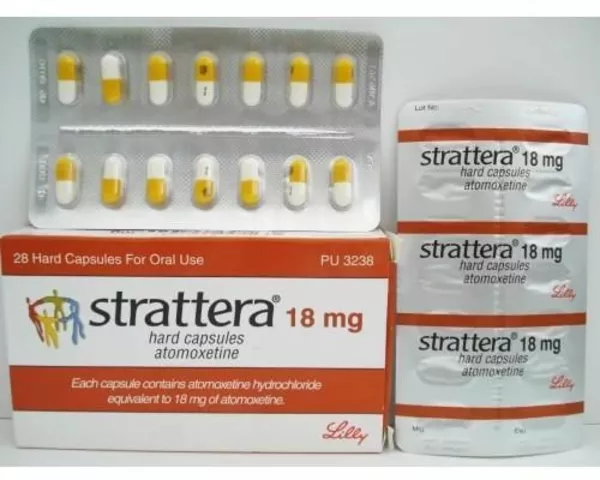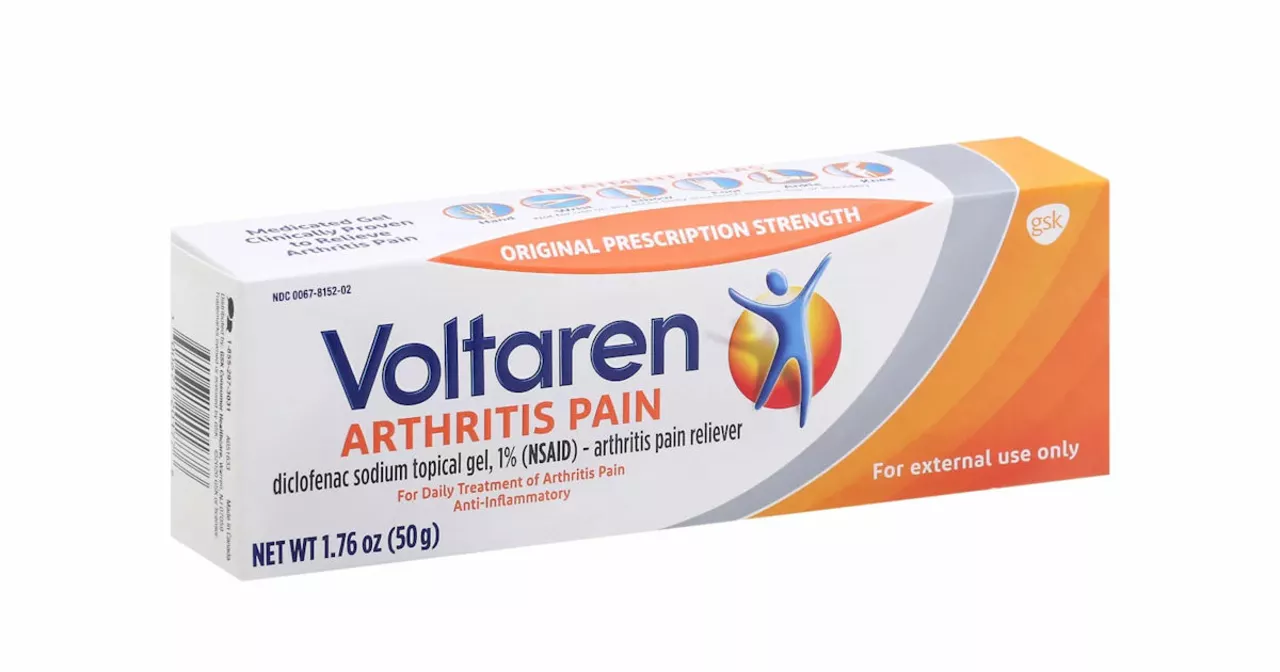Diclofenac Sodium: Uses, Dosage, and Safety Tips
Diclofenac sodium is a common nonsteroidal anti-inflammatory drug (NSAID) used to relieve pain and reduce inflammation. You'll see it as pills, topical gels, and eye drops; each form works slightly differently and is for different problems. Oral diclofenac treats arthritis, muscle pain, and post-surgery pain. Topical diclofenac gel targets joints near the skin, like knees and hands, with fewer systemic effects.
Typical adult oral doses run from 50 mg twice daily to 75 mg twice daily depending on the condition and formulation. Short-term pain often uses the lower end; chronic conditions may need maintenance dosing under a doctor's guidance. Apply topical gel as instructed - usually a small amount to the affected area two or three times a day. Never exceed the total daily dose on the label or prescribed by your doctor.
Watch for common side effects
Diclofenac can cause stomach upset, heartburn, headache, dizziness, and a rash. Like other NSAIDs, it can raise the risk of stomach bleeding and increase blood pressure. People with a history of ulcers, heart disease, kidney issues, or uncontrolled high blood pressure should talk to a clinician before using it. If you notice black stools, severe stomach pain, chest pain, sudden shortness of breath, or swelling in the legs, stop the drug and get medical help.
Interactions and safety checks
Don't mix diclofenac with other NSAIDs like ibuprofen or naproxen - doing so increases side effect risks without extra benefit. Combining it with blood thinners, certain antidepressants, or some blood pressure meds needs doctor oversight. If you take ACE inhibitors, diuretics, or methotrexate, let your prescriber know. Pregnant people - especially in the third trimester - should avoid diclofenac unless a doctor says otherwise. Breastfeeding guidance varies by dose and form, so ask a healthcare professional.
Want to buy diclofenac online? Use licensed pharmacies and check for a valid prescription when required. Look for verified contact info, pharmacy license, and secure payment. Avoid sites offering unusually low prices without asking for a prescription; those often ship counterfeit or unsafe meds. If you prefer natural approaches, stretching, weight loss, topical heat/cold, and physical therapy can reduce reliance on NSAIDs for joint pain.
Tips to use diclofenac safely: stick to the lowest effective dose for the shortest time, take oral forms with food to protect your stomach, and monitor blood pressure and kidney function if you use it long-term. Keep a list of all meds and supplements to discuss at appointments. If you have questions about dosing, side effects, or interactions, your pharmacist or doctor can give clear, personalized advice.
On this tag page you'll find articles about related drugs, joint health, and safe online pharmacies. Browse posts to learn practical tips, drug comparisons, and updates that help you make smarter choices about diclofenac and other meds.
If you're scheduled for surgery, stop diclofenac several days before and tell your surgeon; it can increase bleeding. Keep meds in original packaging and store away from heat. Regular check-ins with your doctor make long-term use safer and monitored.
Diclofenac Sodium and Muscle Pain: A Winning Combination?
As a long-time sufferer of muscle pain, I've been researching various pain relief options and came across Diclofenac Sodium. This nonsteroidal anti-inflammatory drug (NSAID) is known for its effectiveness in treating muscle pain and inflammation. From my experience, it has provided significant relief, but it's essential to follow the recommended dosage and consult with a healthcare professional first. Some potential side effects include stomach issues and increased risk of heart problems. Nevertheless, in my opinion, Diclofenac Sodium might just be the winning combination for muscle pain relief.
About
Health and Wellness
Latest Posts


How to Verify Prescriber and Pharmacy Information on Your Medication Label
By Marcel Kornblum Dec 24, 2025

Pitavastatin and Diabetes Risk: What You Need to Know About Its Metabolic Effects
By Marcel Kornblum Dec 4, 2025

Alzheimer’s Disease: Understanding Memory Decline, Stages, and How to Support Caregivers
By Marcel Kornblum Jan 26, 2026

